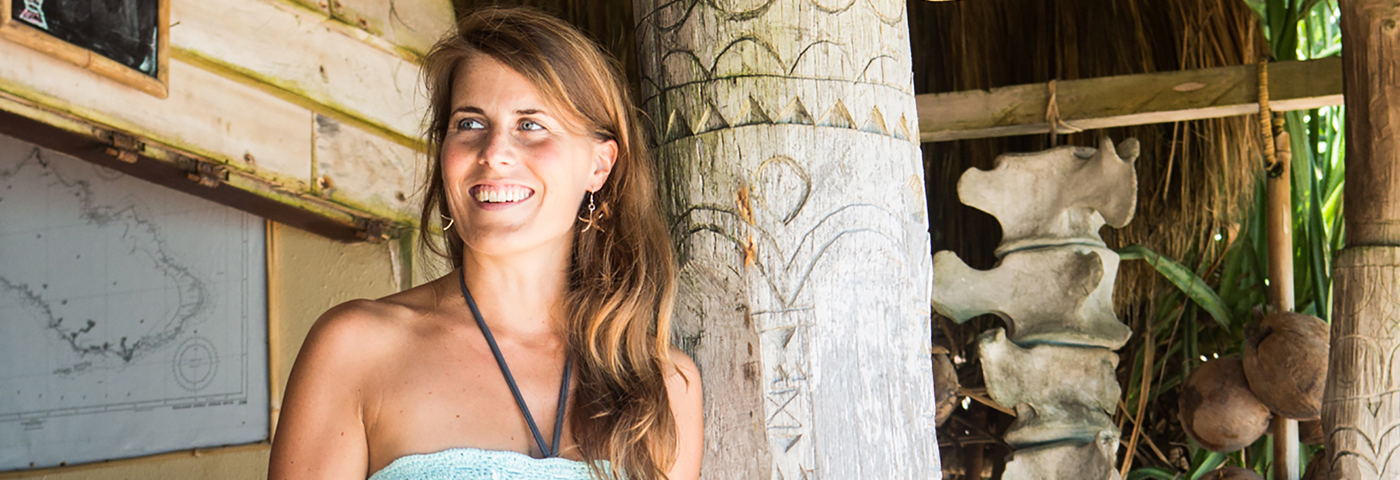Lucy’s family roots in Asia go way back to 1876 when her great, great grandfather helped finance the expansion of colonial Hong Kong during his tenure as the Chairman of HSBC. Fast forward over 140 years and Lucy is a co-founder and director of Lightfoot Travel, one of Asia and the Middle East’s best loved tour operators.
With offices in Dubai, Singapore and Hong Kong, Lightfoot Travel are an inspiration to all of us. Acknowledged with numerous accolades, including most recently; Best Bespoke Travel Concierge Company as voted by Singapore Tatler, the business is known for its ultra personal approach and highly original itineraries.
When we first met Lucy at ILTM Asia, there was no doubt that she should be added to our Leaders with Substance interview series. Her viewpoint is representative of the kind of ultra modern luxury that is so central to the growth of the market in Hong Kong and we we were fascinated by what she had to say about the role of luxury travel today…
Moving to Asia 8 years ago to set up a tailor-made travel company was the best business decision I’ve ever made. There was no one designing tailor-made holidays with the global scope of product that Lightfoot Travel do today. To keep the world moving, we focus on looking forward, to new products to inspire our guests and increase travel possibilities from our regions.
Absolutely, luxury travel has a part to play in issues of sustainability and environmental impacts. The current climate has deepened the definition of luxury travel, making it much more multi-layered. It has pushed consumers and our discerning guests in particular away from conspicuous consumption, and this means expanding our partnerships with companies who promote sustainable travel, and making increasing inclusions of experiences that involve environmental awareness and social responsibility within our travel itineraries. For example, when arranging a trip we’ll include excursions where guests help within the local community (Nihiwatu in Sumba, Indonesia) or contribute towards animal protection (monitoring rhinos in South Africa).
Travel is important because it enlightens, educates, and transforms us. It has the power to expose us to new cultures, traditions, histories, and ways of life that we may never have contemplated before. Fuelling our curiosity in a way that nothing else can, it shows us love, humility, perspective, patience and acceptance. Ultimately, travel provides an existence that is ‘bigger than ourselves’.
Travel can challenge us in ways that we have never expected, and it can show us sides of ourselves that we didn’t know existed. It can provide opportunities for us to slow down and take a break from mental and physical habits, and it can push us further, showing us the importance of persistence and faith. It can change a person forever, and it can provide stories and memories – both good and bad – that remain with you for the rest of your life. How does it feel to be part of that? Incredible!
Despite global uncertainties people are travelling more. Certainly, due to the likes of Brexit and Trump, there is an element of people travelling while they can as they don’t know what is going to happen. It’s a very YOLO mind-set, which is of course driven by the millennial generation who have used this as a mantra to live life fearlessly. Indeed, we are seeing a growing number of affluent millennials who are now coming to an age where luxury travel is a viable option for them – and of course – they are taking it.
To meet Asia’s best tour operators, join us at ILTM Asia Pacific, in Singapore in May 2018.



Thanks Lucy Jackson for such an Inspiring paper! Just like the life-changing and unique experience of visiting Gorillas in Rwanda. Much I have heard this until I realize how environment-friendly it is and how their preservation becomes even beneficial to the local populations. “Absolutely, luxury travel has a part to play in issues of sustainability and environmental impacts”.